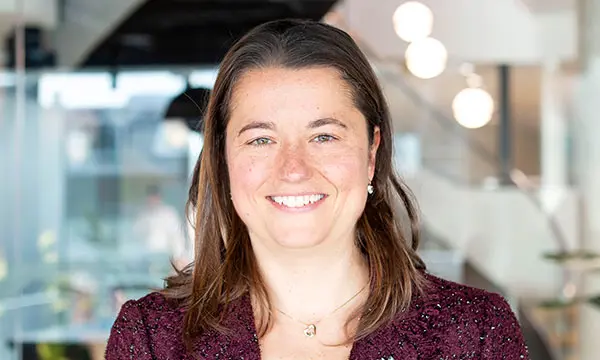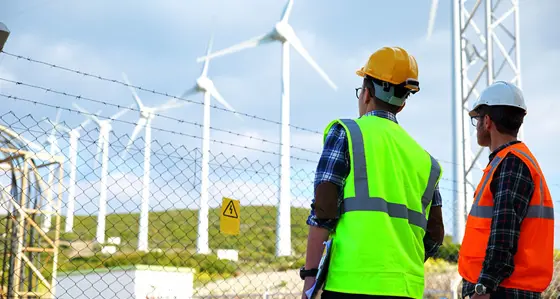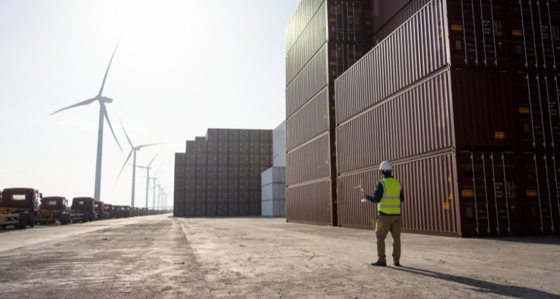
Navigating Germany’s inertia market evolution
5 min read 7 July 2025
As energy systems continue to transform towards being driven increasingly by solar and wind generation, the safe operation of the power system becomes more challenging, as was strikingly highlighted by the recent event in Spain and Portugal.
To deal with some of these challenges, Germany has announced it will start a market-based procurement process for inertia, scheduled to start in 2026. The German Transmission System Operators (TSOs) will pay assets for inertia services on a fixed price basis, with the set prices valid for a 2-year period and future prices for subsequent rounds published six months in advance of the next delivery period. Prices for the first procurement round are expected to be released to the public in Q1 2026 and will cover four products ranging from a 'base product' with 30% asset availability to a premium product with 90% availability. It is expected that the premium products will warrant higher prices. Total contracting lengths will run from 2-10 years and once an offer has been accepted by the TSO, delivery must start within a period of three years.
This development opens up commercial opportunities for a wide range of assets, for example inertia-ready Battery Energy Storage System (BESS) with grid forming inverters. This has already been seen with the Zenobe Blackhillock BESS in Great Britain as well as the RWE’s Moerdijk BESS in the Netherlands, mechanical storage, thermal power plants as well as more dedicated grid stability assets like synchronous condensers, either as new builds or through retrofitting existing power plants (for example the former Biblis nuclear power plant in Hesse, where the generator of one of the units of the plant was converted into a synchronous condenser).
Nevertheless, the economic viability of these assets participating in the tenders will largely depend on the clearing prices proposed by the TSOs. While the additional CAPEX for grid forming inverters isn’t much of a deal breaker for BESS assets, they will most likely have to operate at lower active power levels than usual to ensure that any contracted inertia output is met at all times. These lower active power levels results in reduced commercial value for the BESS in merchant power markets. The inertia clearing price set by the TSO will have to be higher than this reduced commercial value, to be attractive for BESS owners.
It is also noteworthy that inertia is largely a national product, and experience has shown that it can have a tendency to get saturated quickly. This means that early movers will most likely benefit the most.
Baringa helps clients evaluate the value drivers of power generation asset investments in Germany and across Europe. Germany has a very large power system that is rapidly decarbonising and the provision of system stability services will become more and more critical moving forward. Baringa welcomes the German regulator’s approach to commercialise inertia provision through competitive tenders. Having advised a wide range of clients in the UK on the various Stability Pathfinder rounds as well as in SEM on the Low Carbon Inertia Services (LCIS) phase 1 procurement round, we are excited to work with our clients in Germany, helping them realise the best commercial returns for their assets in this developing German stability market.
Please reach out to Marc Daube and Osamudiame Evbuomwan to discuss how Baringa can help you navigate the German inertia and stability markets.
Want to keep up to date or get in touch?
Subscribe to our Energy and Resources Newsletter. Get industry news and trending topics direct to your inbox.
Contact us. Get in touch via our enquiry form with general queries.
Our Experts

Related Insights

Reporting scope 2 emissions: the GHGP's new consultation
The current global standard for how companies report their emissions - set by the Greenhouse Gas Protocol - has long been criticised for enabling uncredible claims to Scope 2 emission reduction. read on to see what this means for you
Read more
The inertia challenge in renewable energy
The shift to renewables is reshaping grids, replacing traditional plants with wind, solar, and batteries. This transition challenges grid stability with lost inertia.
Read more
Progress amid uncertainty: How complex industries are driving decarbonisation
From telecoms and retail to the built environment and critical infrastructure, our vibrant discussion focused on how companies are driving forward their renewables strategies.
Read more
Fuelling maritime decarbonisation: The role of regasification terminals in unlocking bio-LNG
The maritime sector is under increasing regulatory pressure to reduce its environmental impact, with frameworks pushing for reductions in greenhouse gas emissions through renewable fuels, while biofuels and certification systems play a crucial role in achieving these goals.
Read moreIs digital and AI delivering what your business needs?
Digital and AI can solve your toughest challenges and elevate your business performance. But success isn’t always straightforward. Where can you unlock opportunity? And what does it take to set the foundation for lasting success?